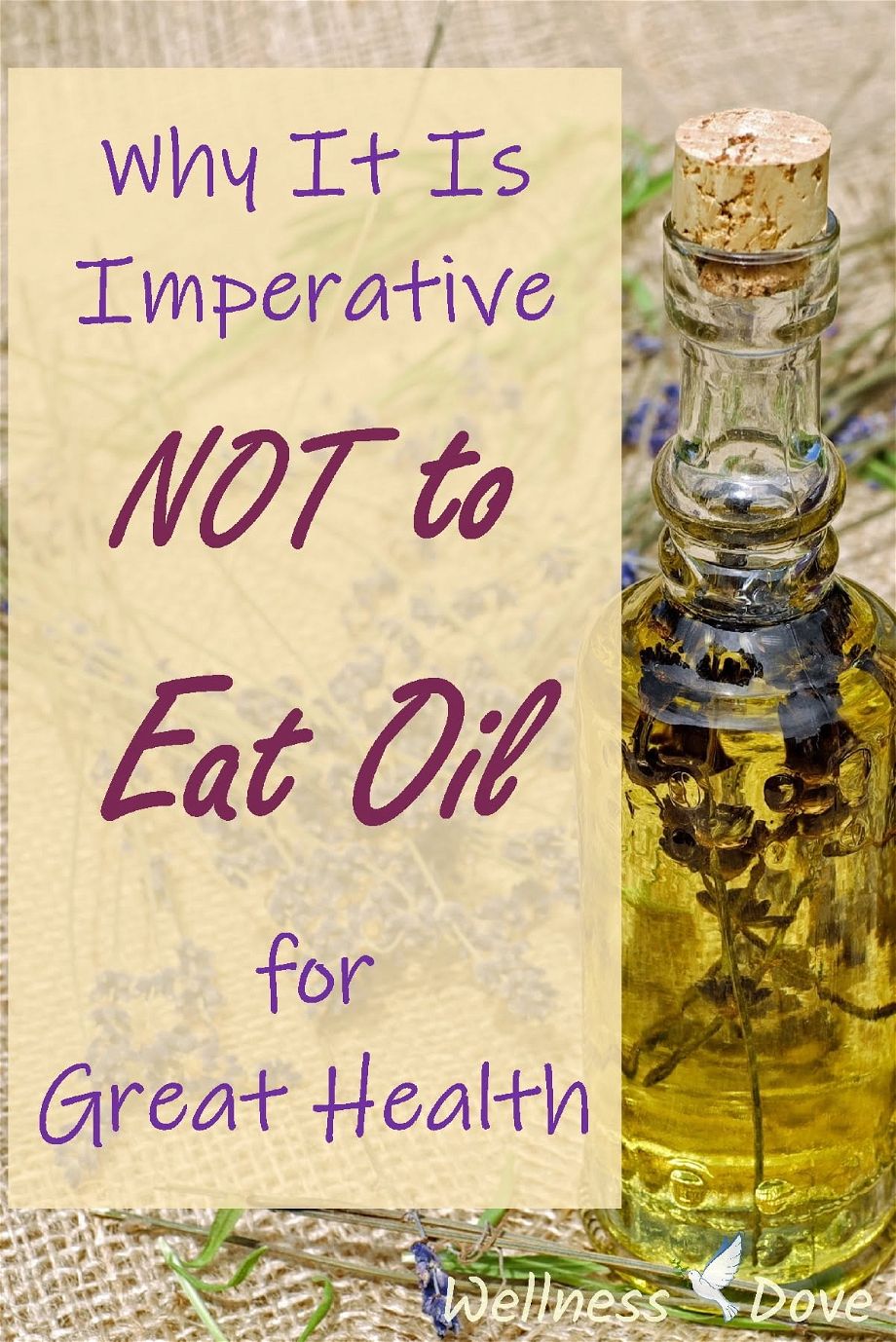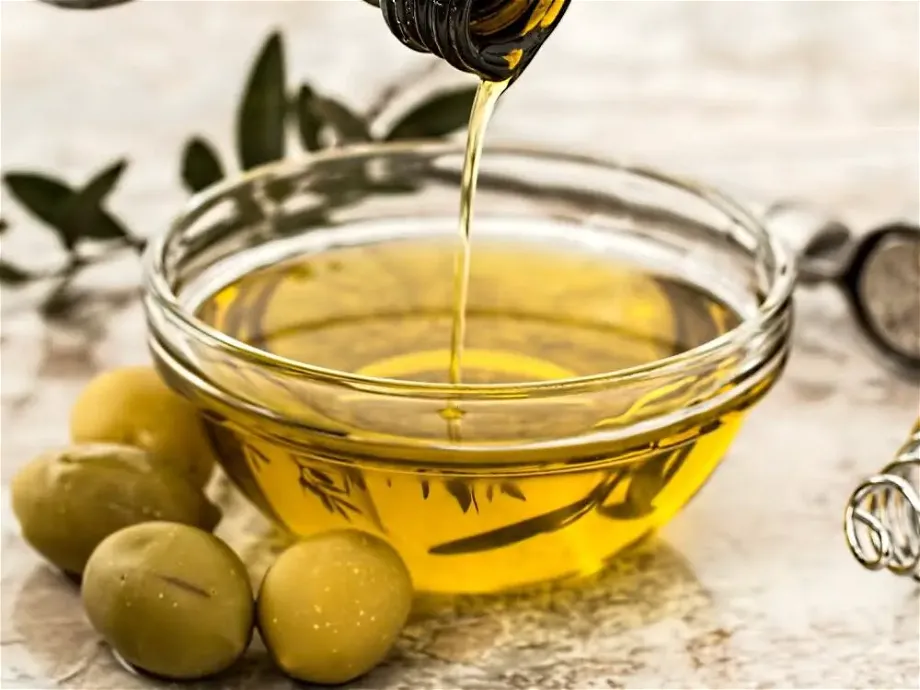 Oils are purported to be great for optimal health.
Oils are purported to be great for optimal health.
And there is a good reason for that.
Oils make food taste better and people want their favorite oils to be healthy for them.
Yet, oils are in fact processed fats in the same way sugar is a processed carbohydrate.
And are as unhealthy for you as their sugar cousins are.
Here’s why.
Post Contents
You do not run your car on kerosine
Kerosine is the fuel for planes.
It makes them super powerful and able to fly.
And kerosine is, in essense, a super purified gasoline.
Yet, if you tried to run your car on kerosine, you will not achieve great speed or fuel savings.
You will blow your engine.
And that is what happens to you when you eat a lot of oils.
In essence, oil is pure fat.
In a whole olive, the fat inside is bound to fibers, sterols, and stenols.
When you eat said olive, your body needs to separate the fat from the rest, in order to use it.
And that takes time.
Fat calories are separated one by one and used to fuel you.
If you eat the same number of calories as oil, they are already free and ready to be used.
Pure energy, much like the kerosine.
When that pure energy enters your bloodstream all at once, though, you cannot use it, your body cannot handle it easily.
So, to contain the damage, the huge quantities of fat (oil) that are circulating in your blood are stored away as body fat.
The damage oil does while flowing in your blood
As quickly as the body tries to store that oil and prevent damage, oils still manage to do some (a lot) of mischief.
Oils damage the walls of the arteries (and cause heart problems)
The blood vessel walls need to be flexible to absorb the pressure that every heartbeat causes.
In essence, your arteries need to expand and constrict to accommodate the rise and drop of blood pressure every time your heart beats.
High amounts of free fats (oil) in the bloodstream damage the endothelial lining, causing inflammation.
The inflamed blood vessel walls become stiff and cannot buffer the changes of pressure before and after every heartbeat.
The result is high blood pressure and heart disease.
Oils make the blood sticky
Oils are sticky and viscous.
It’s an obvious difference when you compare a bottle of oil with a bottle of water.
Well, when you eat a lot of oil, it changes the blood in the same way that oil will change the properties of the water in the bottle if both are mixed.
Even more, free-floating oils in the blood will stick to the red blood cells, combining them in clusters.
The end result is that the blood does not flow as effortlessly as it should.
So the heart needs to beat harder and the blood pressure to be higher just to move the same amount of blood.
Oils make it harder for oxygen to reach the brain
So, oils make the blood more viscous and slower.
Slower blood also means that by the time it reaches the cells deep inside the brain (or any major organ), the blood will be much more depleted from oxygen and nutrients that it should.
The reason is twofold:
When the blood travels slowlier, the first cells it reaches have more time to consume the nutrition in the blood and deplete it.
Second, the capillaries (blood vessels) inside the brain are tiny and thicker blood means less blood actually goes there.
Oils cause fat storage hormone spikes
We already established that your body will try to store the high amounts of free fats in the blood as body fat.
That means that fat storage hormones such as insulin are secreted in much greater quantities than normal.
And abnormal hormonal secretion means hormonal disbalance that is not desirable, to say the least.
Oils are empty calories
Oils have little nutrition in them.
You eat to get energy and nutrients.
When you eat an olive, you get the energy and the nutrients.
When you eat olive oil, you get only energy.
So you need to get the nutrients.
So you eat more.
Oils cause you to overeat.
Choose whole foods
[su_pullquote align=”right”]Find inspiration here[/su_pullquote]Choose foods that have more nutrition in them than calories.
Choose olive instead of olive oil.
Walnuts, not walnut oil. Flax seeds, not flaxseed oil.
Olive oils might make food taste better but the olives do that as well without compromising your health.





I HAVE OLIVE OIL ON MY VEGIES AND SALAD.I understand what you are saying . WILL HAVE TO TRY IT
Hi Kay, I’m happy the article made sense to you and I’m happy that you are going to try and reduce it. If you need any help, we are here to support you.